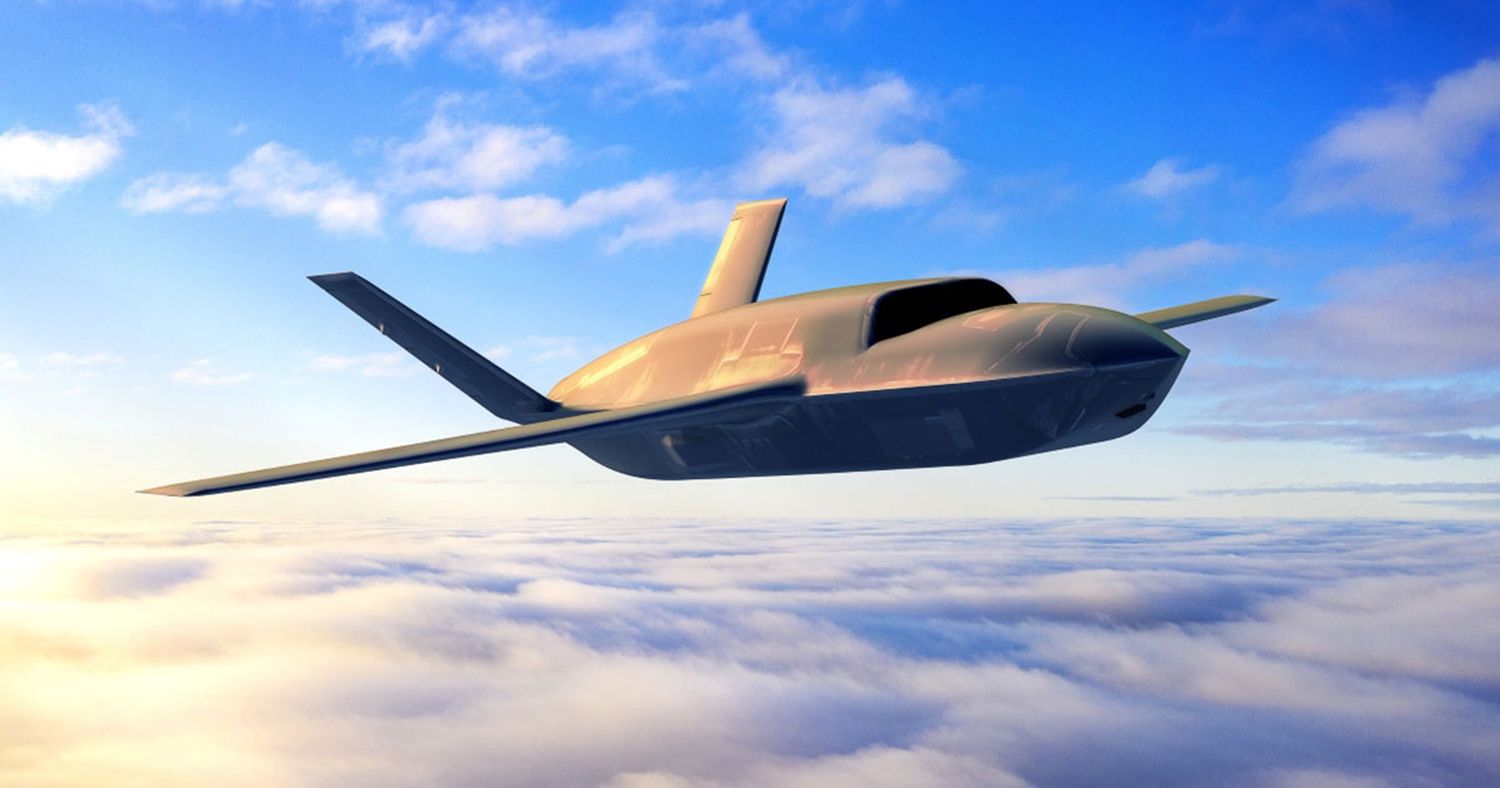Anduril and General Atomics selected by USAF to build its collaborative unmanned combat aircraft prototypes
The U.S. Air Force (USAF) announced that Anduril Industries and General Atomics Aeronautical Systems, Inc. (GA-ASI) were selected to advance the manufacturing of flight test prototypes of their respective unmanned combat aircraft designs offered for the Collaborative Combat Aircraft (CCA) program.
“Just over two years ago, we announced our intent, as part of our Operational Imperatives, to pursue collaborative combat aircraft. Now, following the enactment of the fiscal year 2024 budget, we’re exercising option awards to two companies to construct production representative test articles. The progress we’ve made is a testament to the invaluable collaboration with industry, whose investment alongside the Air Force has propelled this initiative forward. It’s truly encouraging to witness the rapid execution of this program,” said Secretary of the Air Force Frank Kendall.
See also: First flight of the XQ-67A, representing a new design philosophy for U.S. military aircraft
The CCA program is part of the Next Generation Air Dominance Family of Systems, which is a DAF (Department of the Air Force) effort to equip the Force with manned and unmanned platforms that can meet current and future challenges.
The decision to begin serial production of the selected model will be made in FY 2026, with the intent to deploy a fully operational capability before the end of the decade. Companies not selected for the present instance will be able to compete for the future production contract for the first increment. Planning is also underway for the development of CCA Increment 2, with initial activities to commence later this year. The same and more bidders that participated in the first part of the program will be able to compete in this second stage.

Under the Collaborative Combat Aircraft program, the DAF is exploring international partnerships, including possible Foreign Military Sales (FMS). The strategy is that these partnerships will help lower costs through economies of scale, while driving horizontal integration and interoperability among allied Air Forces.
The CCA program is intended to be a force multiplier, developing a low-cost, modular, unmanned aircraft equipped with advanced sensors or weapons and operating in collaborative teams with the next generation of manned combat aircraft. Under the CCA program, it is intended to produce at least 1,000 advanced unmanned combat aircrafts, in order to increase the mass of fighters present in a given theater of operations, at an affordable cost and in the shortest possible time.


Comentarios
Para comentar, debés estar registrado
Por favor, iniciá sesión